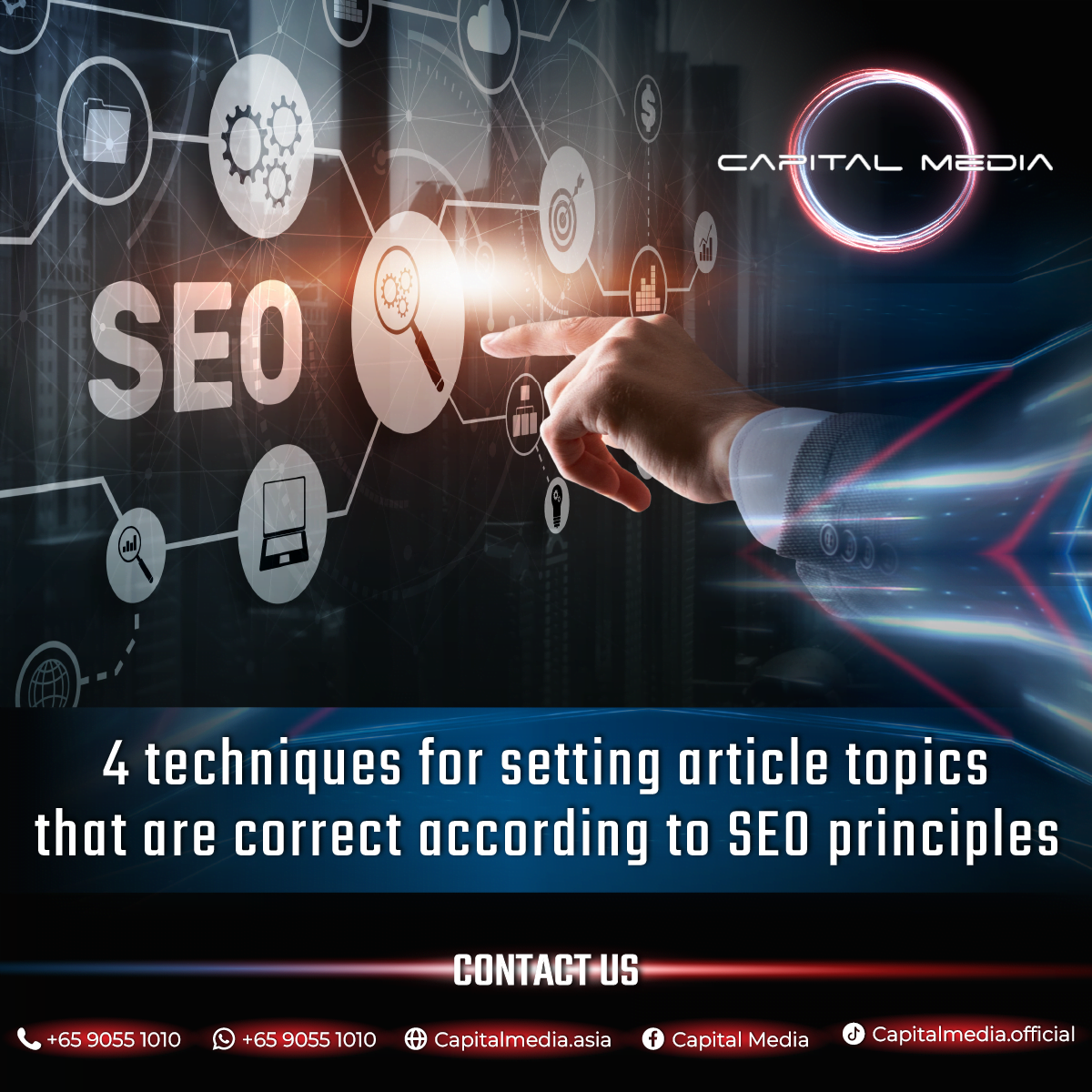Search Engine Optimization (SEO) is a multifaceted discipline that encompasses various strategies and techniques aimed at improving a website’s visibility and ranking in search engine results pages (SERPs). While there are numerous factors that contribute to a successful SEO strategy, three key aspects stand out as fundamental pillars. Let’s explore these crucial elements and how they contribute to the effectiveness of an SEO strategy.

1. On-Page Optimization
On-page optimization refers to the process of optimizing individual web pages to improve their relevance and visibility in search results. This involves optimizing various on-page elements, including:
Keyword Research and Targeting:
Keyword research is the foundation of on-page optimization. It involves identifying relevant keywords and phrases that users are searching for in relation to your products, services, or industry. By targeting these keywords strategically and incorporating them naturally into your website content, meta tags, and headings, you can improve your website’s relevance and ranking for those terms.
High-Quality Content Creation
Content is king in the world of SEO. Creating high-quality, informative, and engaging content is essential for attracting and retaining visitors to your website. Focus on producing content that addresses the needs and interests of your target audience, provides valuable information, and solves their problems. Well-written, authoritative content not only helps improve your search rankings but also establishes your brand as a trusted resource in your industry.
Optimized Meta Tags
Meta tags, including title tags, meta descriptions, and header tags, play a crucial role in on-page optimization. Optimizing these tags with relevant keywords and compelling descriptions can improve your website’s click-through rate (CTR) in search results and encourage users to visit your site. Write descriptive, keyword-rich titles and meta descriptions that accurately reflect the content of your pages and entice users to click on your links.

2. Off-Page Optimization
Off-page optimization focuses on building external signals and relationships to improve your website’s authority, credibility, and reputation in the eyes of search engines. Key aspects of off-page optimization include:
Link Building
Link building is one of the most important off-page SEO tactics. It involves acquiring backlinks from other websites to your own site. High-quality backlinks from authoritative and relevant websites signal to search engines that your site is trustworthy and valuable. Focus on earning natural backlinks through content creation, outreach, guest blogging, and networking with influencers and industry peers.
Social Signals
Social signals, such as likes, shares, and comments on social media platforms, can indirectly impact your website’s SEO performance. While social signals themselves are not direct ranking factors, they can contribute to increased brand visibility, traffic, and engagement, which can ultimately lead to improved search rankings. Maintain an active presence on social media and encourage social sharing of your content to amplify its reach and impact.
3. Technical SEO
Technical SEO involves optimizing the technical aspects of your website to improve its crawlability, indexability, and overall performance in search engines. Key components of technical SEO include:
Website Speed and Performance
Page speed is a crucial ranking factor in Google’s algorithm. A fast-loading website not only improves user experience but also signals to search engines that your site is high-quality and trustworthy. Optimize your website’s speed by minimizing server response time, compressing images, leveraging browser caching, and reducing unnecessary code and scripts.
Mobile-Friendliness
With the increasing prevalence of mobile devices, having a mobile-friendly website is essential for SEO success. Ensure that your website is responsive and optimized for mobile devices, with easy navigation, legible text, and fast load times. Google’s mobile-first indexing prioritizes mobile-friendly websites in search results, so optimizing for mobile is critical for maintaining visibility and rankings.
Structured Data Markup
Implementing structured data markup, such as schema.org markup, helps search engines understand the content and context of your web pages better. Structured data markup can enhance your search listings with rich snippets, such as star ratings, reviews, and product information, which can improve click-through rates and visibility in search results.
Conclusion
An effective SEO strategy encompasses a holistic approach that addresses on-page optimization, off-page optimization, and technical SEO. By focusing on these three key aspects and implementing best practices, businesses can improve their website’s visibility, attract more targeted traffic, and achieve higher rankings in search engine results. While SEO is an ongoing process that requires patience and persistence, investing in these fundamental pillars can yield long-term benefits and sustainable growth for your online presence.




